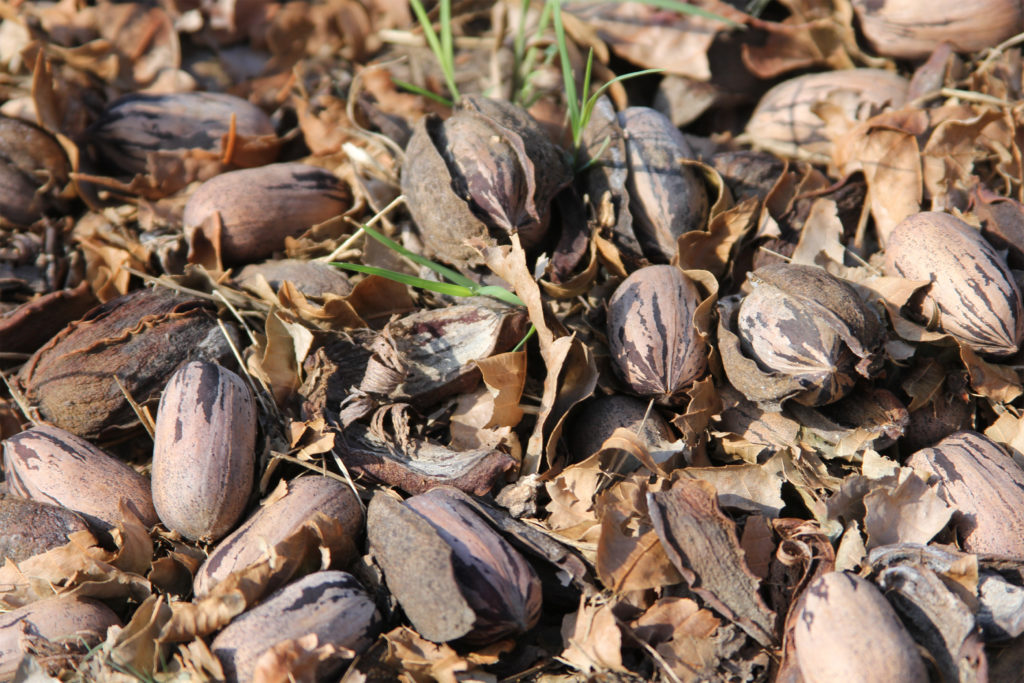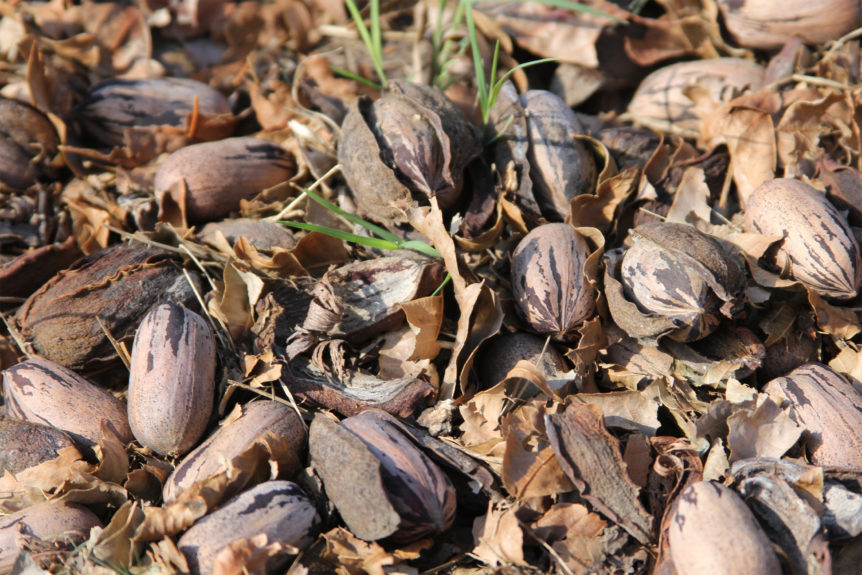By Clint Thompson
While input expenses remain high, pecan prices are staggeringly low. That has forced some growers to contemplate their farming future, says Lenny Wells, University of Georgia Extension pecan specialist.

“There’s a lot of discouragement out there right now. The costs of production have gone up. The prices have dropped. Even in the face of a short crop, the prices aren’t going up where it seems like they should,” Wells said. “This has been happening for several years now. It’s not a good place for a lot of them. A lot of them are discouraged and trying to figure out how to make it work.”
Young Orchards
Wells said in the UGA Extension Pecan Blog that Georgia’s crop is reduced by about one-third this year, due mostly to Hurricane Idalia’s impact in southern and eastern Georgia. Younger orchards are also helping prop up the yield numbers this year.
“That’s why production is as high as it is in the state. Two years ago, what looked like to me like a 40- to 50 million-pound crop in the state turned out to be an 88 million-pound crop. Most of all of that is coming from these new acres that we planted,” Wells said.
According to the U.S. Department of Agriculture Agricultural Marketing Service last week, prices for Desirable varieties in lots of 20,000 pounds or less were selling for $1.80 to $1.85 per pound. Stuarts were selling for $1.00 to $1.10 per pound, while Elliott varieties were selling for $1.25 to $1.40 per pound.
What Will Happen in the Future?
“The question becomes, going forward, at the cost of production that we’re seeing and the prices growers are getting for their crop, are we going to continue to see people keep all of these orchards in production? I don’t know that we may start to see some of the older orchards, especially those that are leased, just phased out or not really worked as intensively as they have been,” Wells said. “If there’s a crop there, great, we’ll gather it. If not, we won’t. I think those are kinds of things that growers are starting to look at.”










